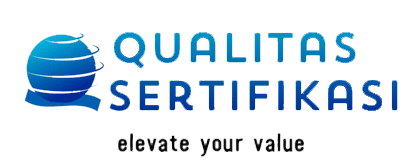Guardians of the Ocean: OBP Certification’s Role in Fighting Plastic Waste
Mismanaged plastic waste refers to plastic materials that are not collected, recycled, or disposed of properly, ultimately ending up in the natural environment. This waste is a growing global crisis, with devastating consequences for ecosystems, wildlife, and human communities. Particularly concerning is the plastic waste located near rivers, coastlines, and shores, as well as the plastic already in the ocean that is accidentally caught using fishing gear. This article explores the specific impacts of mismanaged plastic waste in these vulnerable areas and how Ocean Bound Plastic (OBP) certification can address and mitigate these issues.
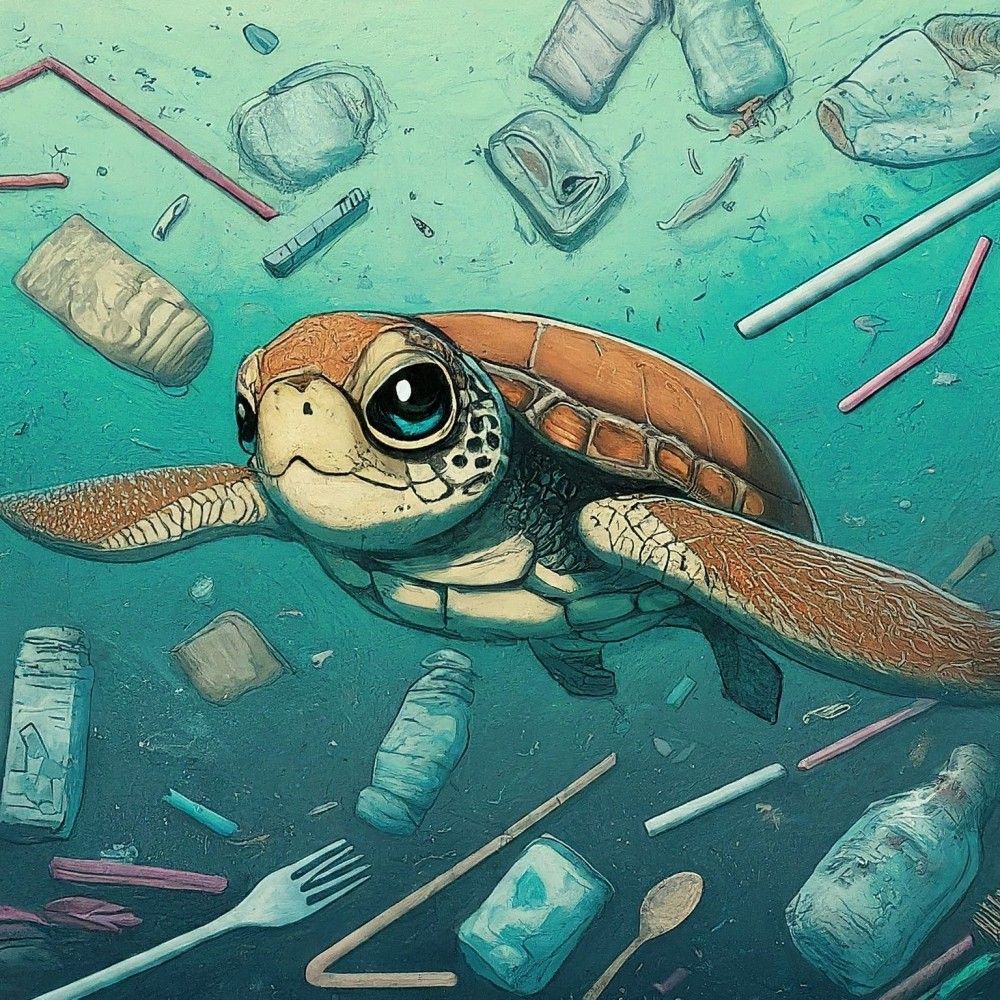
The Scope of the Problem: Mismanaged Plastic Waste
Mismanaged plastic waste refers to plastic materials that are not collected, recycled, or disposed of properly, ultimately ending up in the natural environment, especially the ones located near rivers, coastlines, and shores, as well as the plastic waste already in the ocean that is accidentally caught using fishing gear. This waste is a growing global crisis, with devastating consequences:
Marine Life Threats
Over 8 million tons of plastic enter the ocean every year, endangering marine life. Sea turtles, seabirds, and marine mammals often mistake plastic debris for food, leading to ingestion, entanglement, and, frequently, death. For example, sea turtles are particularly vulnerable, with many species ingesting plastic bags that resemble jellyfish, their natural prey. This not only causes physical harm but also can lead to malnutrition and death due to blocked digestive tracts.
Coral Reef Degradation
Plastic waste smothers coral reefs, reducing their ability to photosynthesize and disrupting their ecological functions. This degradation impacts biodiversity, as coral reefs are home to a quarter of all marine species. The presence of plastics on coral reefs can also make them more susceptible to diseases, further threatening marine biodiversity.
Land and Water Pollution
Plastic waste on land can be carried by wind and rain into rivers, or even oceans, spreading pollution across vast areas. This not only clogs waterways, leading to flooding and habitat destruction but also results in the accumulation of microplastics in freshwater systems.
These tiny particles are ingested by fish and other aquatic organisms, entering the food chain and potentially affecting human health when these organisms are consumed.
Impact on Tourism
Plastic pollution deters tourism, particularly in pristine coastal and marine environments. Beaches littered with plastic debris and polluted waters reduce their appeal, leading to a decline in tourism revenues. This loss affects local economies, especially in regions where tourism is a significant economic driver.
How OBP Certification Can Overcome These Impacts: Preventing Waste from Reaching the Ocean
OBP Certification specifically targets plastic waste that is at risk of entering the ocean. By focusing on high-risk areas such as:
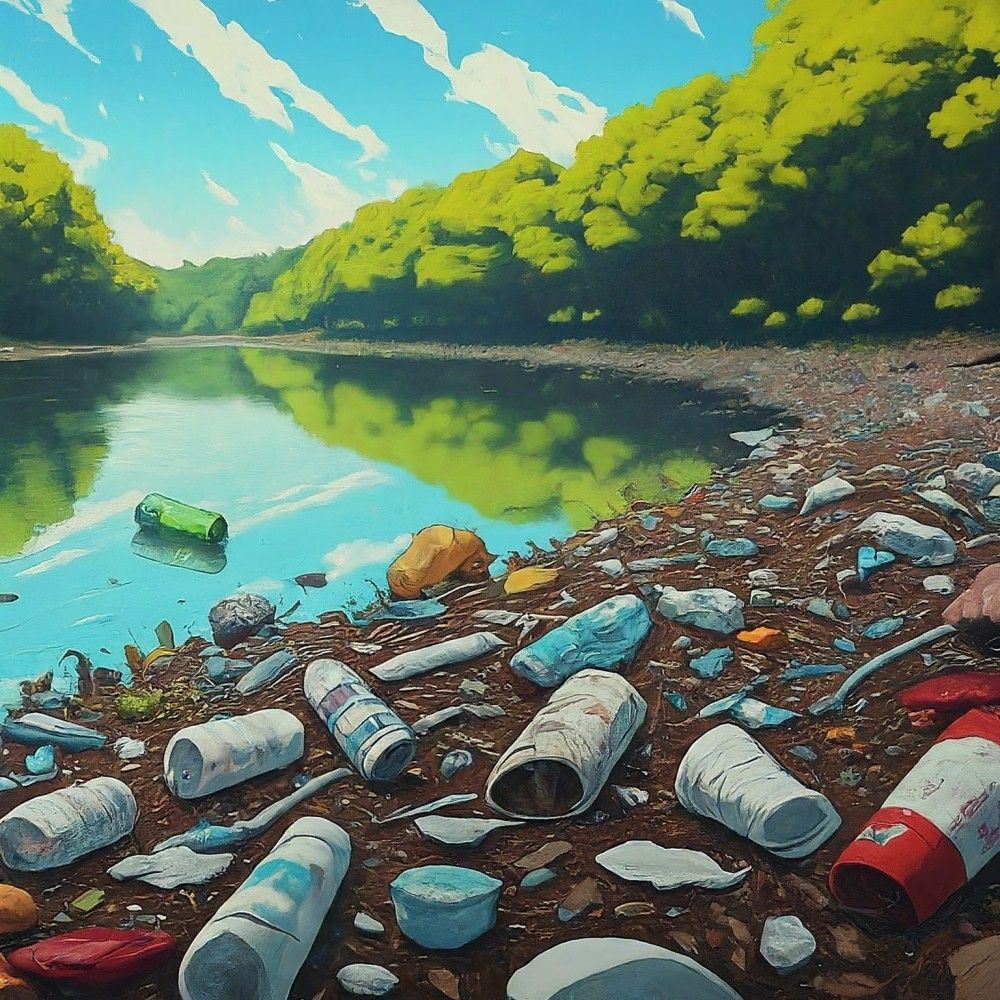
Waterways OBP
Waterways OBP refers to plastic waste that is mismanaged and located within 200 meters of rivers or other bodies of water. This proximity to waterways makes it highly likely that the plastic will eventually end up in the ocean, contributing to the global problem of marine plastic pollution.
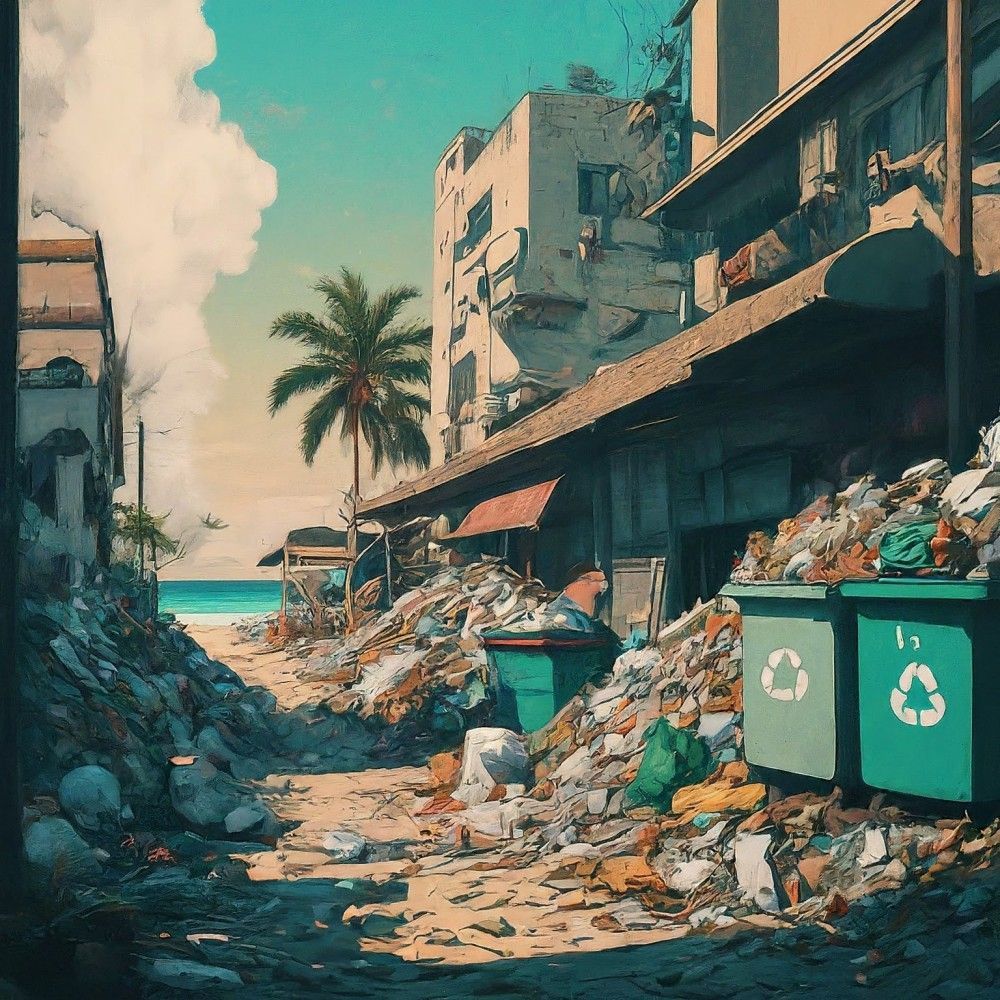
Potential OBP
Potential OBP refers to mismanaged plastic waste found within a 50 km radius of a coastline. This plastic waste is considered "potential" because, due to its proximity to the ocean and inadequate waste management, it has a high risk of ending up in the marine environment.
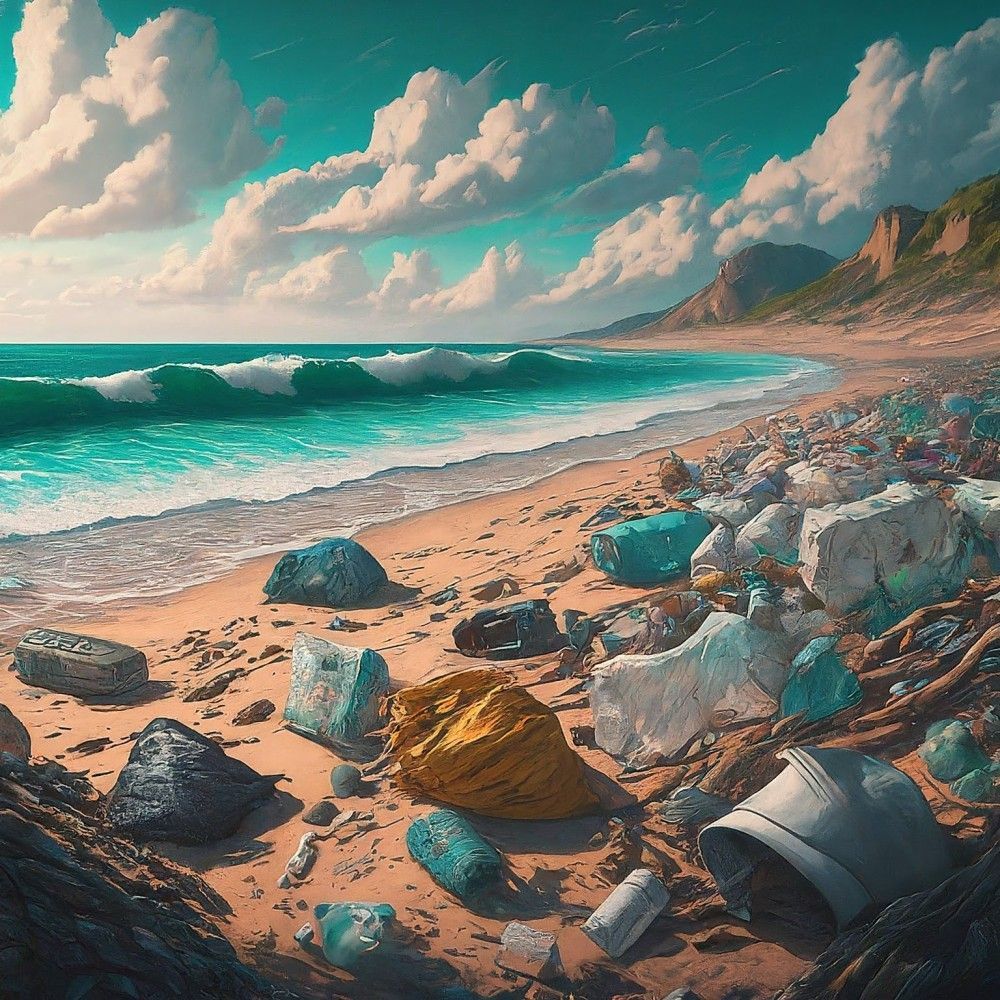
Shoreline OBP
Shoreline OBP refers to mismanaged plastic waste found within 200 meters of shorelines, including beaches, coastlines, and riverbanks. This plastic waste poses a significant threat to marine environments as it is easily carried into the ocean by wind, waves, and tides.
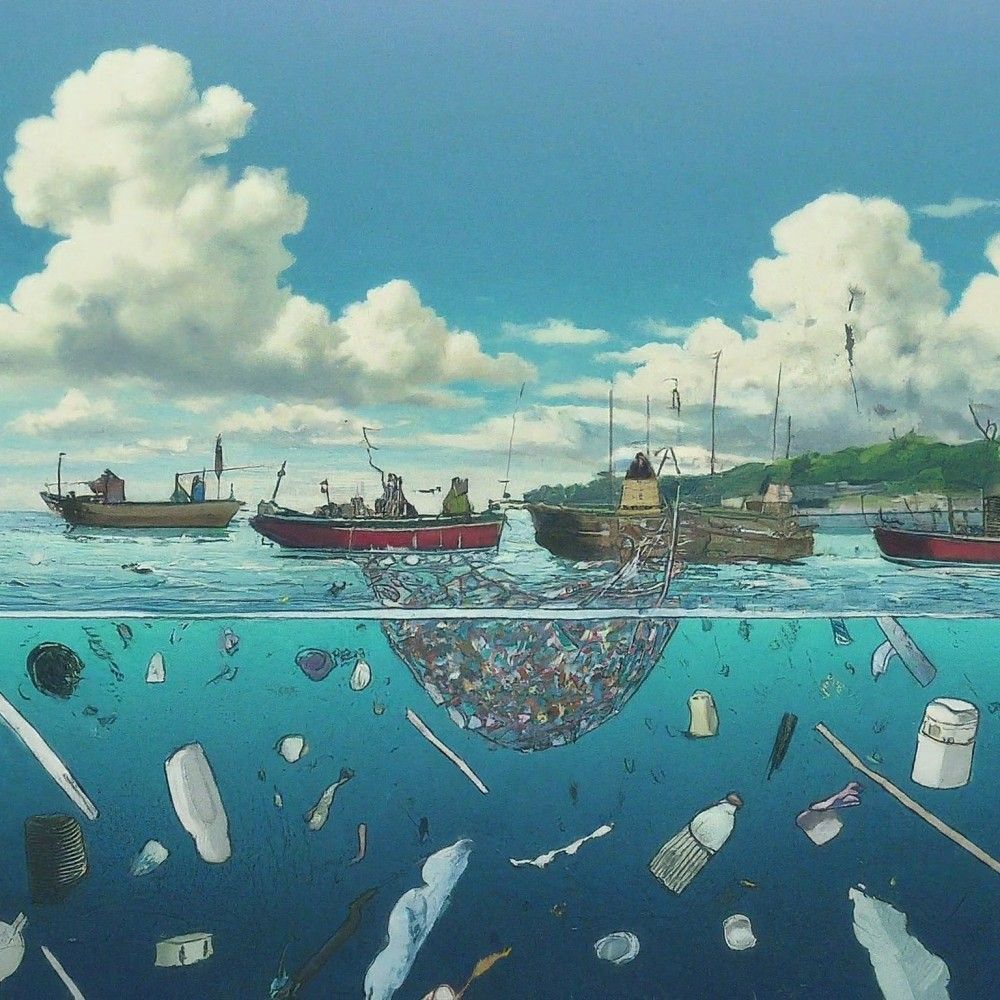
Fishing Material
Fishing Material, in the context of OBP, refers to used or discarded fishing gear and other plastic materials that are lost or abandoned at sea, often unintentionally. This category includes a wide range of items made primarily of plastic, which pose a significant threat to marine ecosystems.
OBP Certification ensures that efforts are directed where they are most needed. This proactive approach prevents plastic waste from reaching the ocean, significantly reducing the burden on marine ecosystems. It ensures that:
- OBP plastic waste is collected responsibly and ethically.
- OBP plastic waste is effectively managed after collection.
- Commercially recyclable OBP waste is traceable throughout the recycling process to the final product.
- Non-commercially recyclable OBP waste is properly handled, with plastic credits thoroughly verified and traceable.
The OBP Certification includes two certification subprograms, which are:
The OBP Recycling Certification Subprogram
This certification confirms the origin of Ocean Bound Plastic (OBP) waste from its initial collection point and ensures the traceability of recycled OBP waste through to the creation of a new product.
The OBP Neutrality Certification Subprogram
This certification allows organizations responsible for collecting and processing non-commercially recyclable OBP to issue and sell third-party verified plastic credits (known as OBP credits). Additionally, these certifications enable organizations purchasing these credits to have their neutrality claims certified. These certifications specifically address non-commercially recyclable OBP waste.
Amidst this global crisis, the Pandawa Group has emerged as a hope, pioneering innovative solutions to mitigate ocean waste and restore the health of our marine environments.
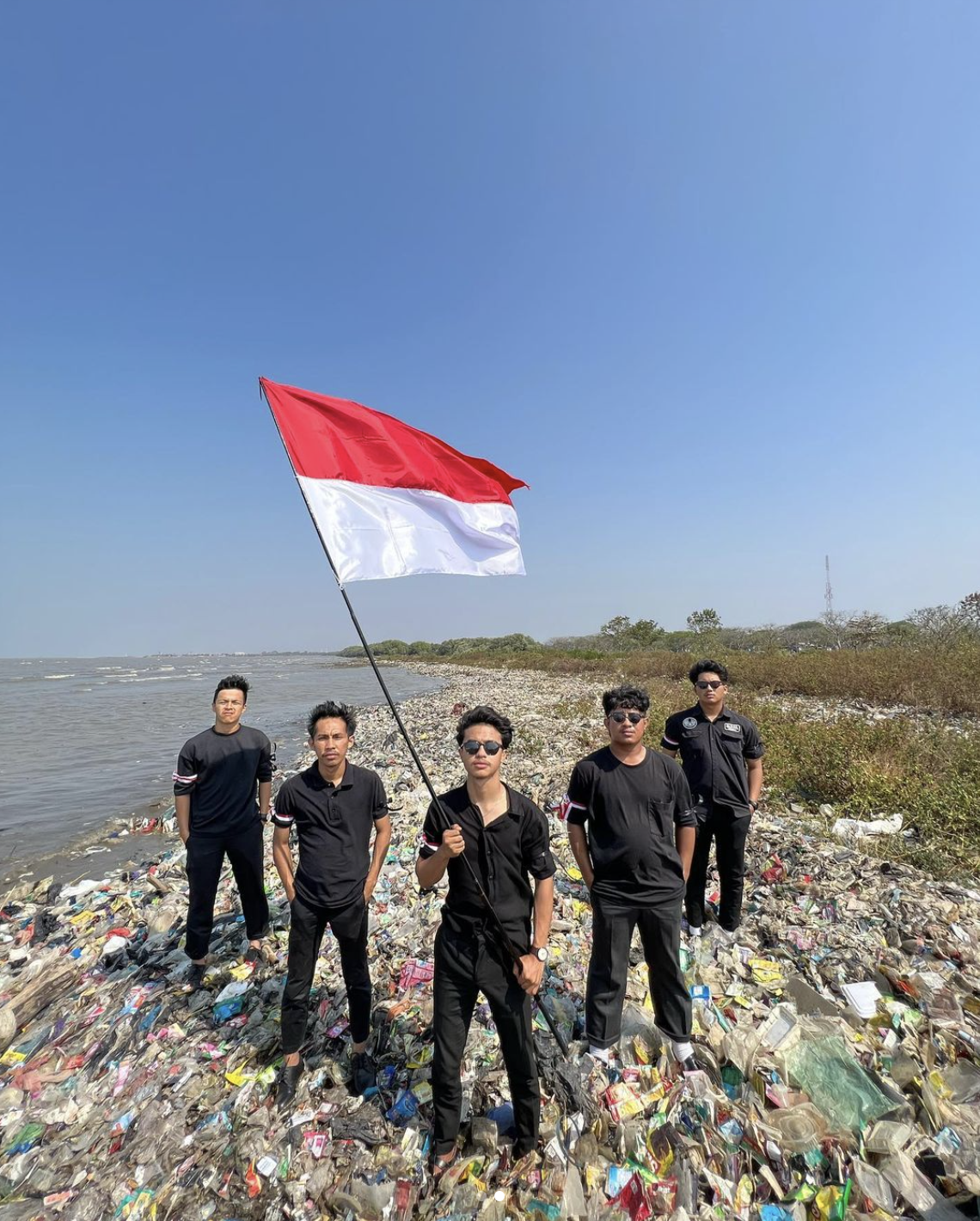
Combining the Strengths to Mitigate Ocean Pollution: Pandawa Group
As the world grapples with a growing environmental challenge, the Pandawa Group is making significant strides by introducing groundbreaking methods to revive the health of our planet, including tackling ocean waste.
Founded with a vision to protect the earth from waste, the Pandawa Group started as a small initiative by a group of passionate environmentalists and scientists. Their shared mission was to tackle the escalating problem of ocean pollution, particularly in the coastal regions of Southeast Asia, where the impact of waste is most acute. Over the years, the group has grown into a formidable organization, known for its hands-on approach and groundbreaking strategies in ocean conservation.
The journey towards a plastic-free ocean is challenging, but the potential for positive change is immense. OBP Certification is a critical tool in this journey, offering a practical and scalable solution to the plastic pollution crisis. By preventing plastic waste from entering the ocean and promoting recycling and sustainable practices, OBP certification is making significant strides towards a healthier planet.
Visit our website or call us to learn more about the OBP Certification and #BeTheSolocean with us!
Recent posts
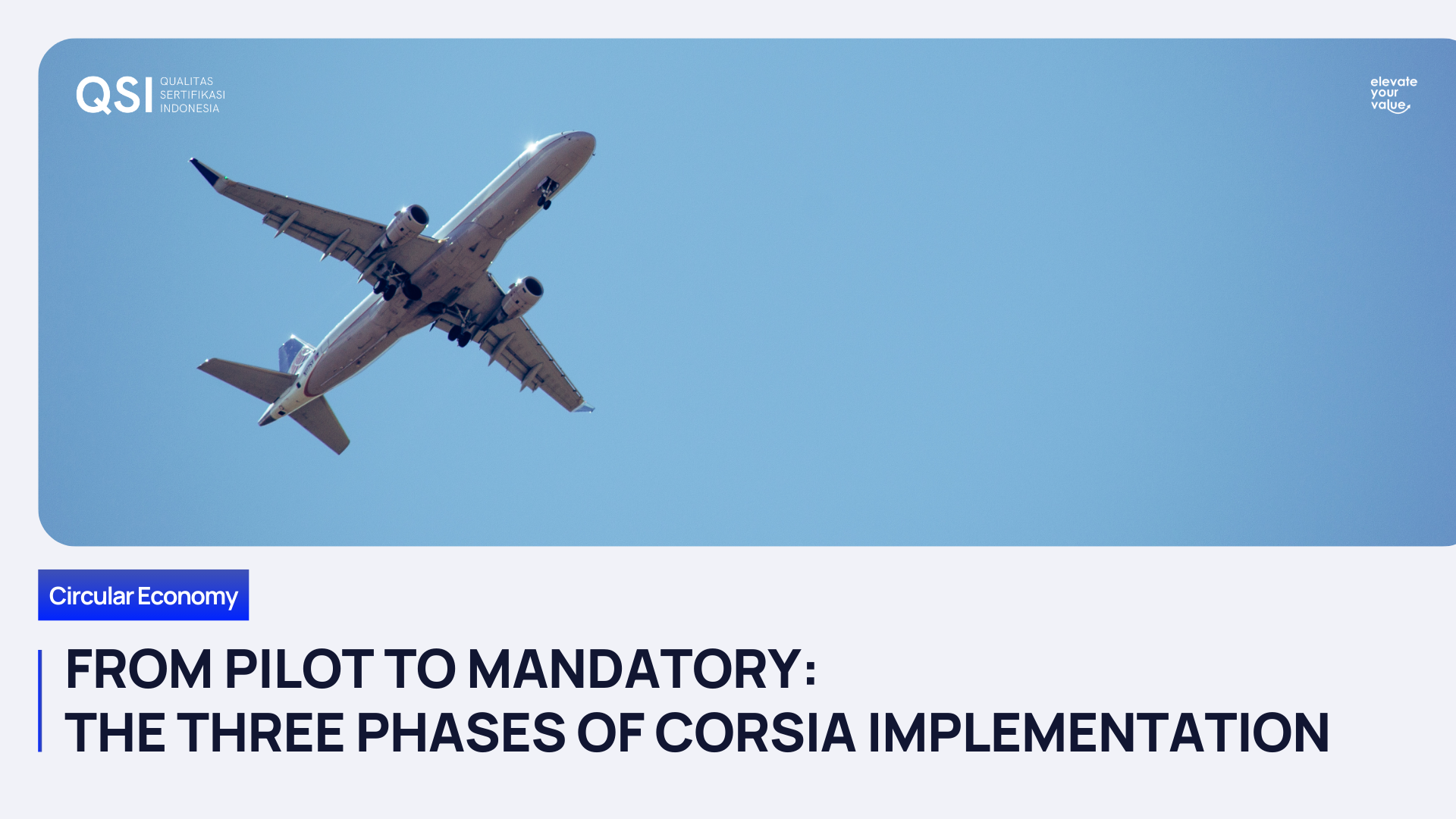
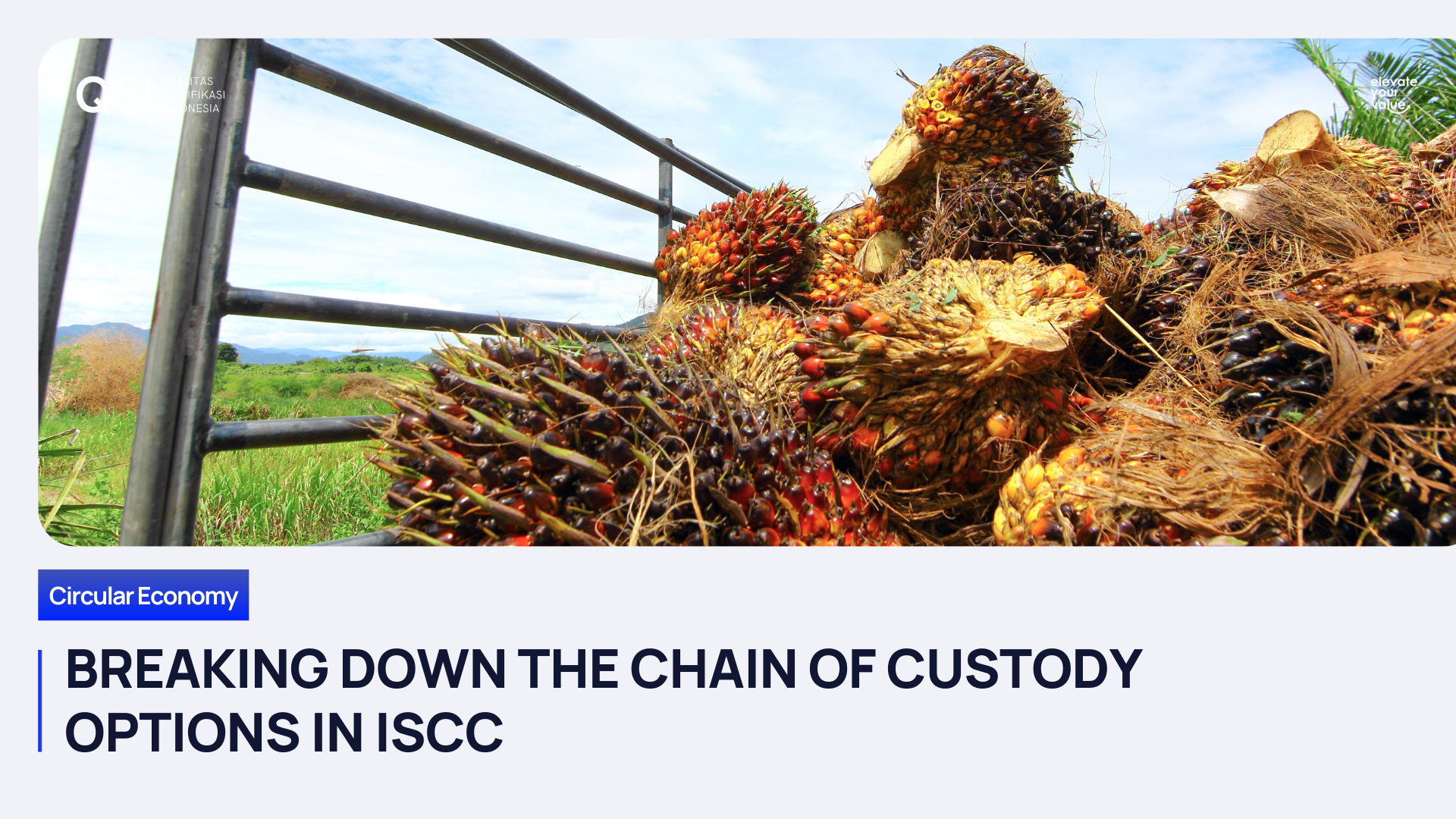
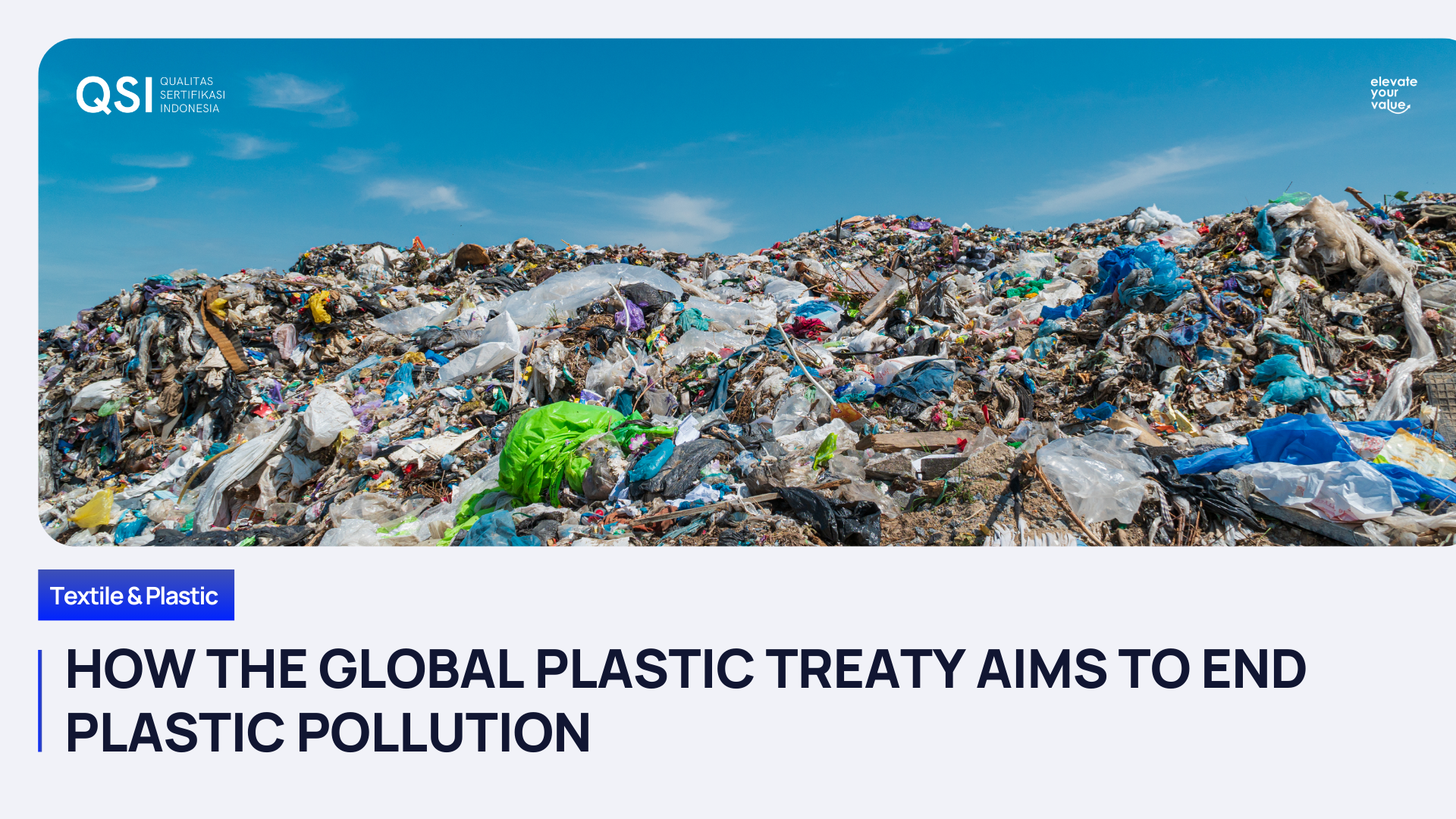
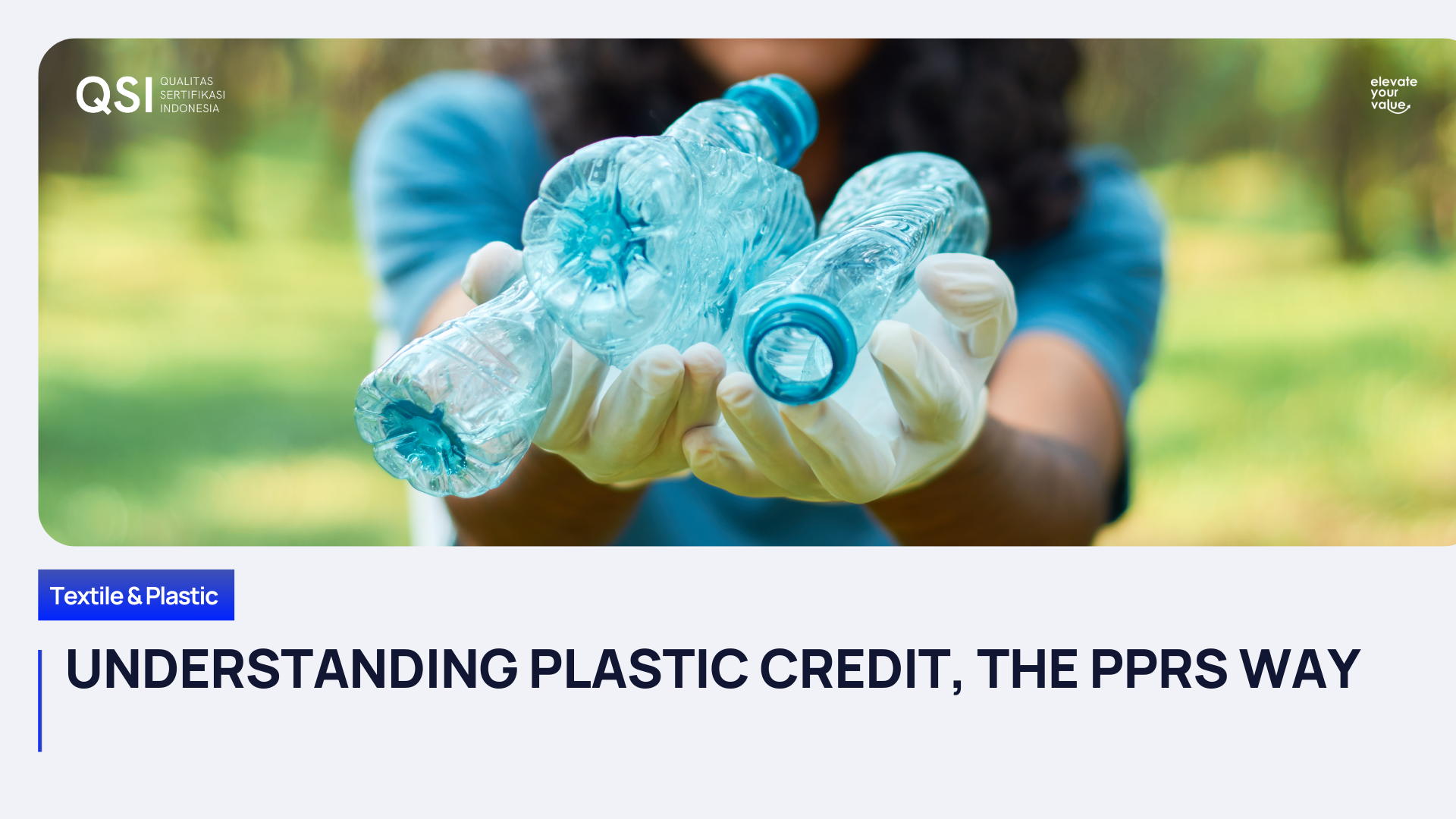
Drop us a line
Contact Us
We will get back to you as soon as possible.
Please try again later.
Share



General Inquiries
Phone
+62 21 2949 1946
Headquarter
The CEO Building, Level 12th
Jl. TB Simatupang No. 18C
Cilandak Barat, Cilandak
Jakarta Selatan, DKI Jakarta 12430
Indonesia
Operational
Menara Sun Life, 7th Floor
Jl. Dr. Ide Anak Agung Gde Agung Blok 6.3
Kuningan Timur, Setiabudi
Jakarta Selatan, DKI Jakarta 12950
Indonesia
Programs
Quick Links
Qualitas Sertifikasi Indonesia
PT Qualitas Sertifikasi Indonesia
